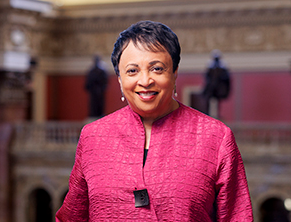
Every three years, the Librarian of Congress, with the recommendation of the Register of Copyrights, releases a regulation detailing exemptions to the Digital Millennium Copyright Act (DMCA) of 1998. The latest exemptions were released at the end of October.
The DMCA is a complicated law. It bars people from “circumventing a technological measure that effectively controls access” to a copyrighted work. 17 USC 1201(a)(1)(A). This includes decrypting an encrypted work, but it includes things one does not necessarily think of as encrypted, like a DVD of a movie. This is also independent of the right to use the work; even if something would be fine under fair use, violating the DMCA is a separate problem. The Librarian of Congress issues exceptions where people are allowed to circumvent technical measures. These exemptions are reviewed, and new ones considered, every three years.
This year, we saw almost all of the prior exemptions renewed. For libraries, this included important and often-used exemptions for using short portions of motion pictures for educational purposes, criticism, and comment, and for motion pictures for accessibility and preservation purposes.
The Librarian added to the exemption for text and data mining, allowing researchers at non-profit colleges and universities to access corpora, either of motion pictures or literary works, hosted at other institutions, if certain security thresholds are met. These researchers do not even have to be collaborating with researchers at the host university. I think that we will see institutions hosting corpora for the good of researchers everywhere, although it might take grant funding to bring that to fruition.
Two new exemptions were denied. The Librarian did not expand an exemption for video games, which would allow for more individuals to use copies at a time. She also rejected an exemption for AI models for trustworthiness research. Also of note, there was an exemption added for the software that runs retail ice cream machines, so they will be more repairable.